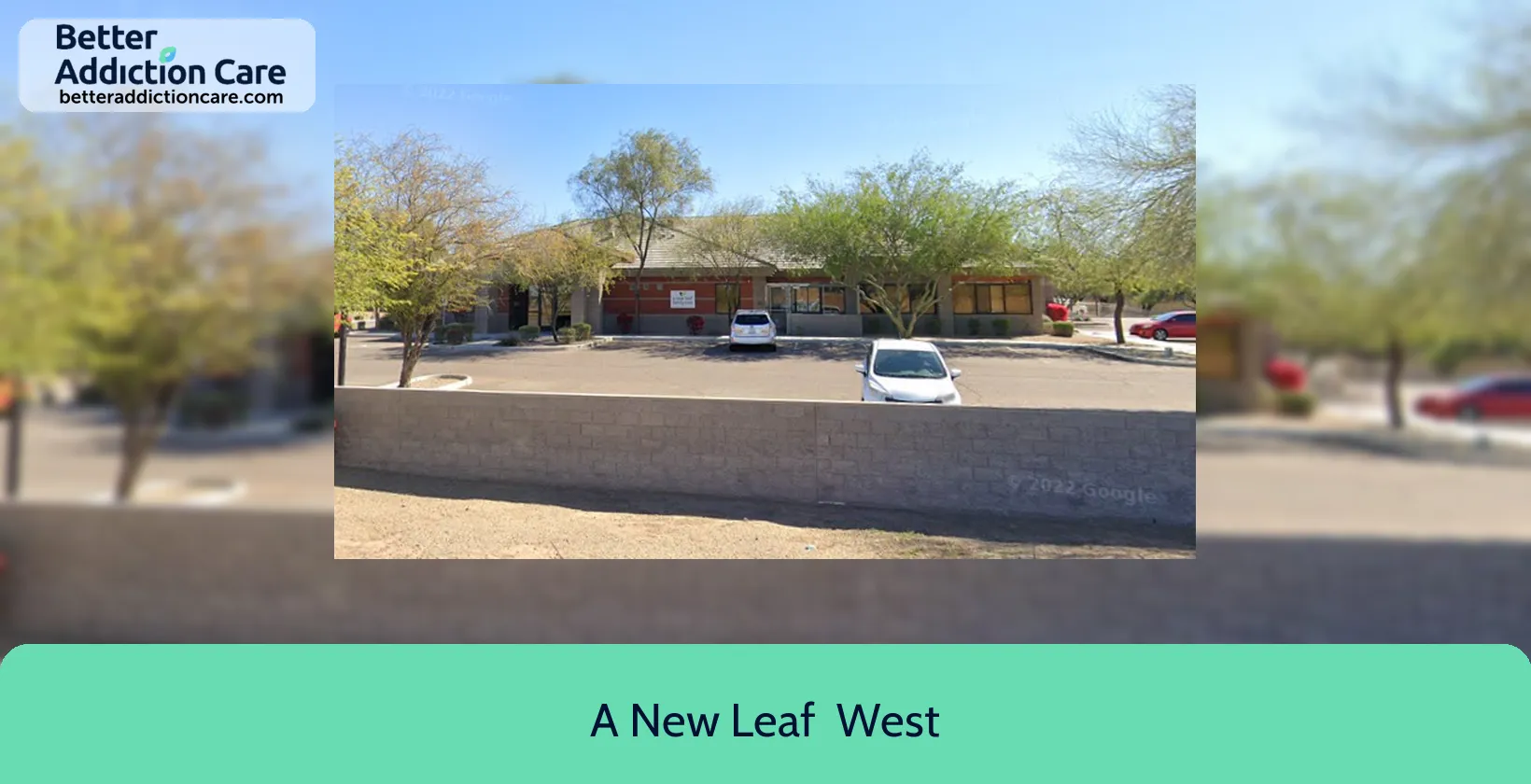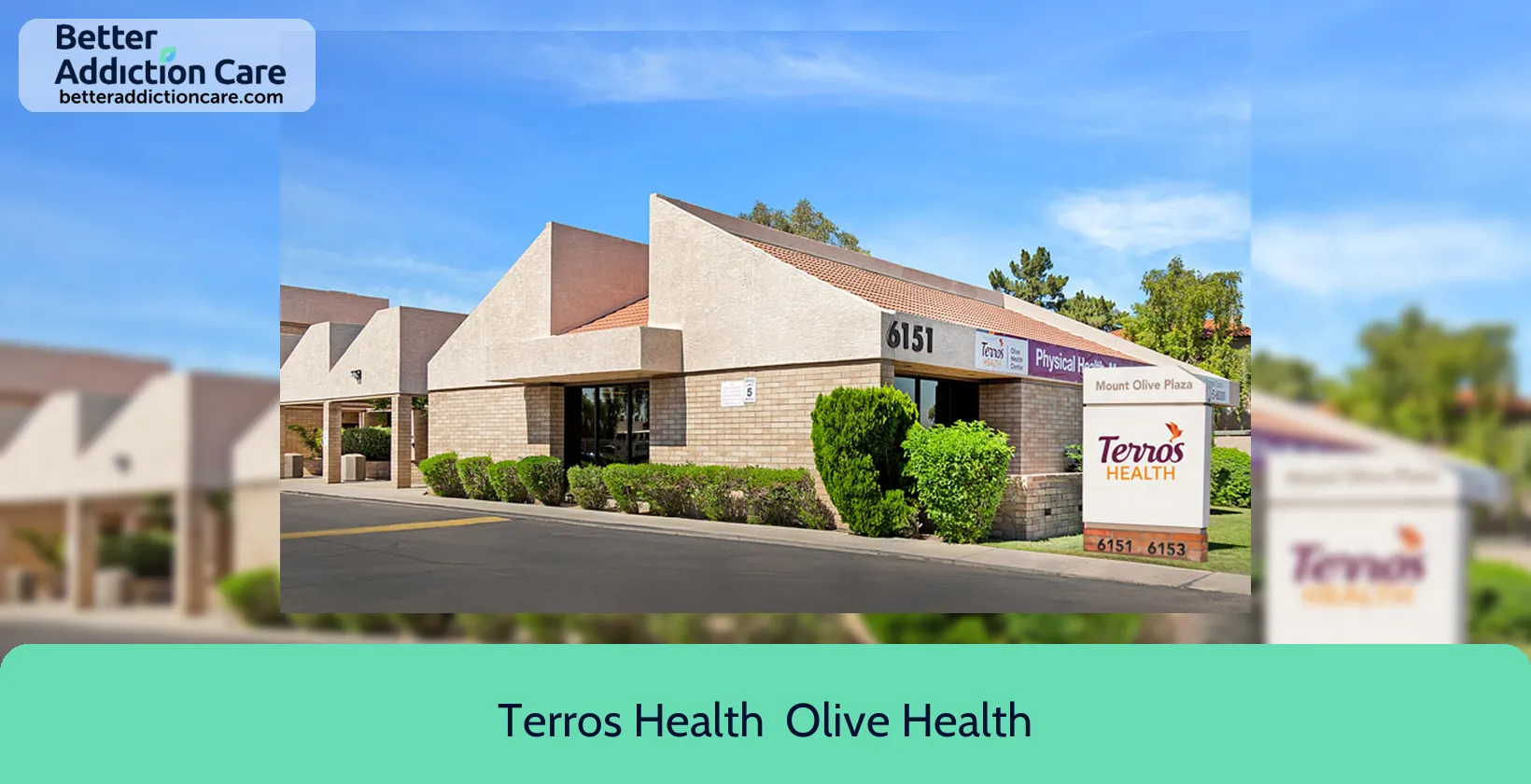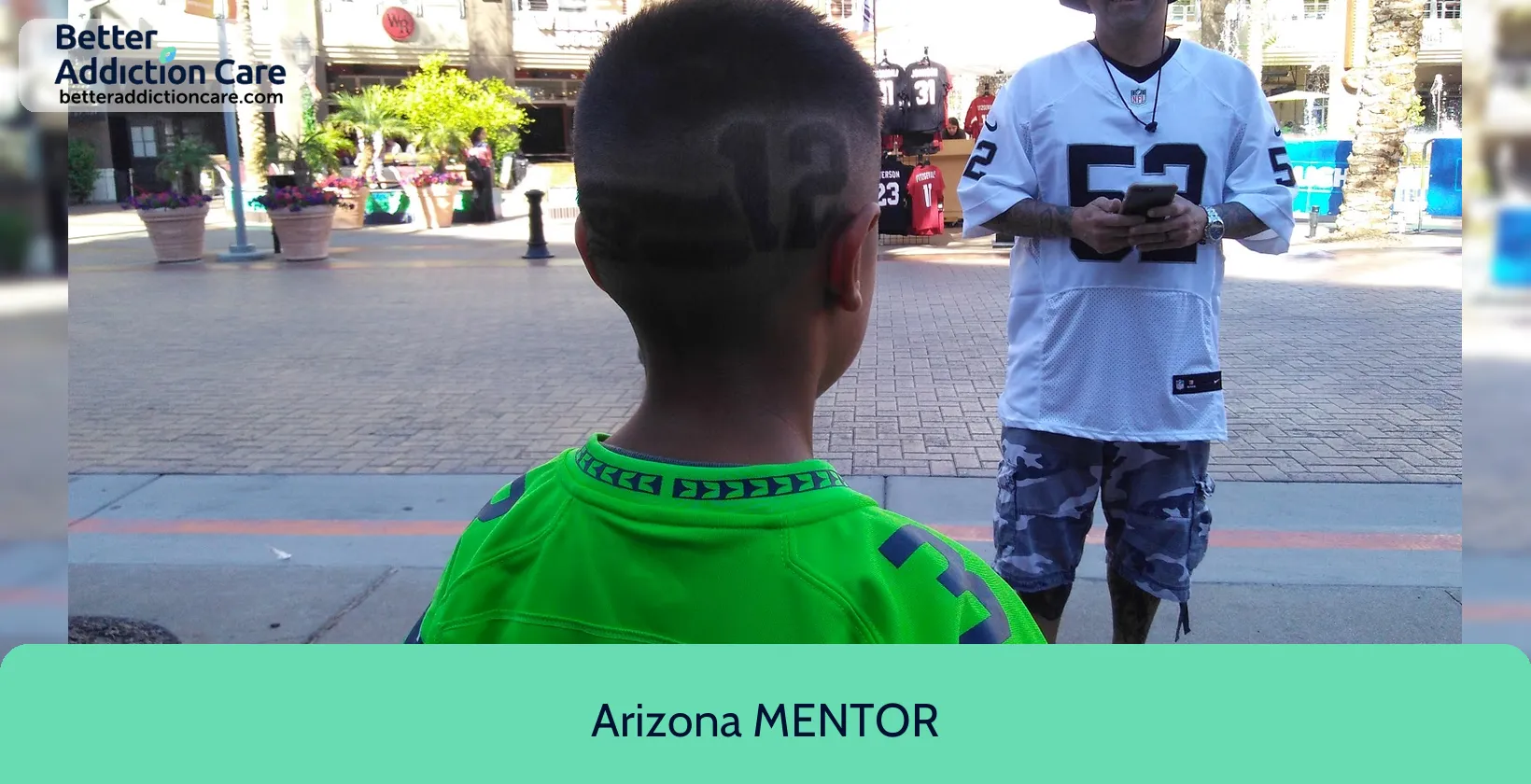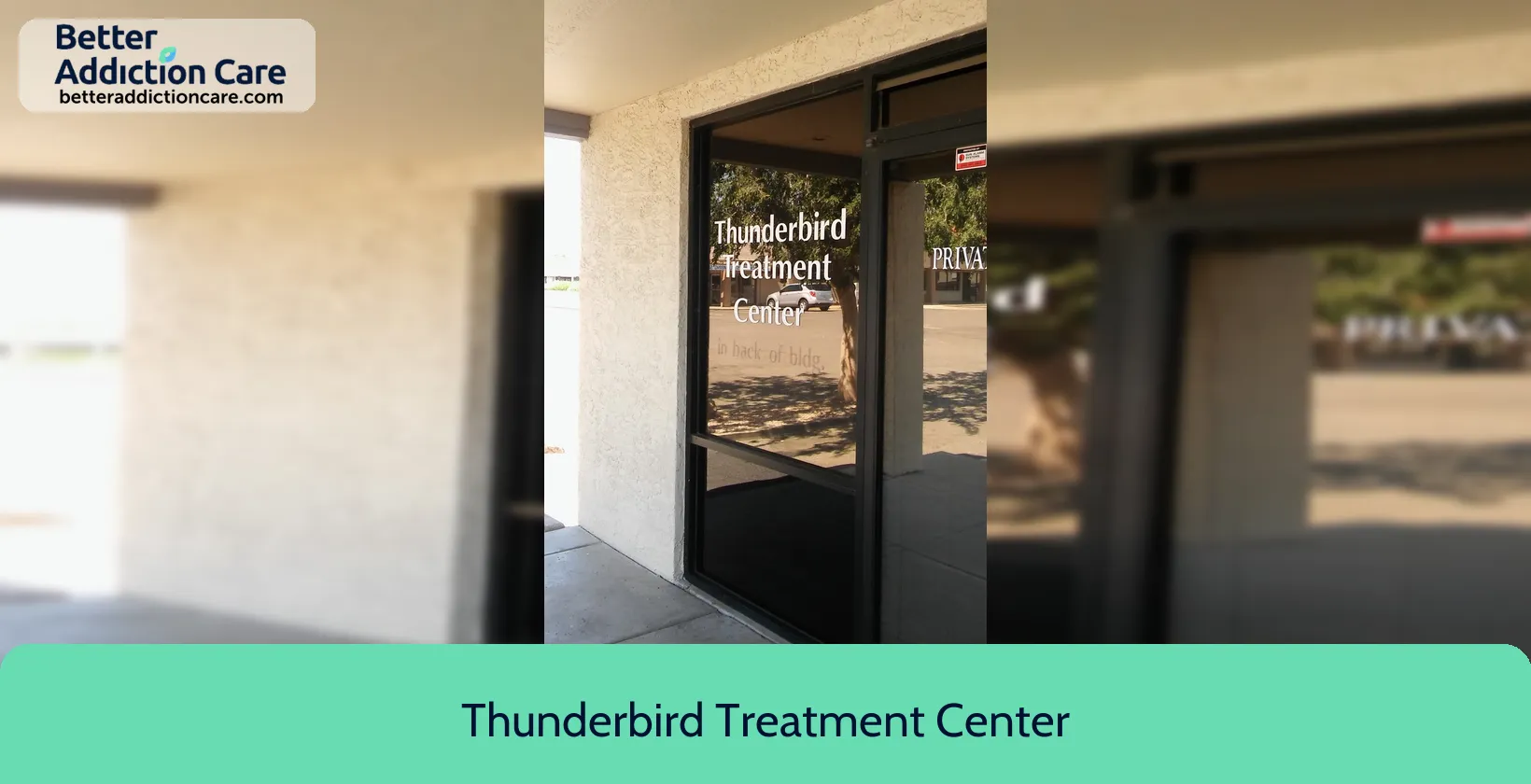
Overview
Corebella Health and Wellness 5700 West Olive Avenue is an accredited mental health treatment center that provides outpatient detoxification, for men and women between 18 and 65+ years of age. As part of their special programs, Corebella Health and Wellness 5700 West Olive Avenue treats clients with co-occurring mental and substance use disorders, veterans, and active duty military. To help patients achieve sobriety, Corebella Health and Wellness 5700 West Olive Avenue provides treats alcohol detoxification, benzodiazepines detoxification, and cocaine detoxification.. Afterward, patients receive individual psychotherapy, couples/family therapy, and cognitive behavioral therapy during treatment. Corebella Health and Wellness 5700 West Olive Avenue is located in Glendale, Arizona, providing treatment for people in Maricopa County, accepting cash or self-payment, medicaid, and medicare.
Corebella Health and Wellness 5700 West Olive Avenue at a Glance
Payment Options
- Cash or self-payment
- Medicaid
- Medicare
- Private health insurance
- Federal military insurance (e.g., TRICARE)
Assessments
- Screening for tobacco use
- Comprehensive mental health assessment
- Comprehensive substance use assessment
- Outreach to persons in the community
- Screening for mental disorders
Age Groups
- Seniors or older adults
- Young adults
- Adults
- Seniors
Ancillary Services
- Chronic disease/illness management
- Diet and exercise counseling
- Family psychoeducation
- Illness management and recovery
- Integrated primary care services
Highlights About Corebella Health and Wellness 5700 West Olive Avenue
7.58/10
With an overall rating of 7.58/10, this facility has following balanced range of services. Alcohol Rehabilitation: 8.00/10, Drug Rehab and Detox: 8.15/10, Insurance and Payments: 6.00/10, Treatment Options: 8.18/10.-
Treatment Options 8.18
-
Drug Rehab and Detox 8.15
-
Alcohol Rehabilitation 8.00
-
Insurance and Payments 6.00
Accreditations
State department of health:

Government agencies issue State Licenses, granting rehabilitation organizations permission to operate their businesses lawfully within specific geographic regions. The specific licenses needed for legal operation are typically determined by the type of rehabilitation program offered by the facility and its physical location.
Drug Enforcement Agency (DEA):
DEA accreditation refers to the process by which a law enforcement agency is recognized by the Drug Enforcement Agency (DEA) as having met specific training, operational, and resource requirements necessary to participate in DEA-led drug enforcement efforts. This accreditation allows the agency to perform DEA-related tasks such as conducting investigations, executing federal search warrants, and participating in joint task forces.
Treatment At Corebella Health and Wellness 5700 West Olive Avenue
Treatment Conditions
- Alcoholism
- Mental health treatment
- Substance use treatment
- Co-occurring Disorders
Care Levels
- Outpatient
- Outpatient detoxification
- Outpatient methadone/buprenorphine or naltrexone treatment
- Regular outpatient treatment
- Aftercare
Treatment Modalities
- Individual psychotherapy
- Couples/family therapy
- Cognitive behavioral therapy
- Dialectical behavior therapy
- Integrated Mental and Substance Use Disorder treatment
Ancillary Services
Languages
- Spanish
Additional Services
- Pharmacotherapies administered during treatment
- Discharge Planning
- Drug or alcohol urine screening
Special Programs
- Clients with co-occurring mental and substance use disorders
- Veterans
- Active duty military
- Members of military families
- Pregnant/postpartum women
Get Help Now
Common Questions About Corebella Health and Wellness 5700 West Olive Avenue
Contact Information
Other Facilities in Glendale

6.77

6.71

6.59

7.58

6.65

6.68

6.59

7.14
DISCLAIMER: The facility name, logo and brand are the property and registered trademarks of Thunderbird Treatment Center, and are being used for identification and informational purposes only. Use of these names, logos and brands shall not imply endorsement. BetterAddictionCare.com is not affiliated with or sponsored by Thunderbird Treatment Center.
